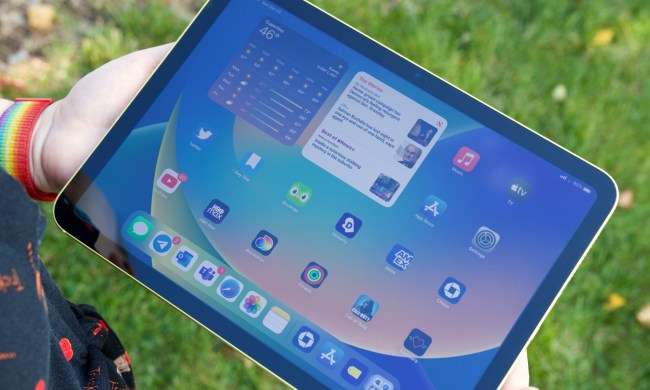
With RTT, devices send text instantaneously and automatically through wireless networks, and there’s no need to invoke another “send” command. This, the FCC says, allows for “a more conversational rhythm.” In a statement, the FCC noted that RTT will “allow Americans who are deaf, hard of hearing, speech disabled, or deaf-blind to use the same wireless communications devices as their friends, relatives, and colleagues, and more seamlessly integrate into tomorrow’s communications networks.”
More importantly, RTT will allow for partial messages to be sent in cases of emergency where communication is key, but sometimes shoddy. This newer technology will let texters communicate with people using the audio component of their phones, and vice versa as well. And because it’s not shackled to standard landlines, it represents an upgrade from TTY technology.
The FCC has asked RTT to be rolled out across wireless networks of “larger carriers” by the end of next year, and has also outlined a list of necessary functions (like voice calls and simultaneous voice and text communications) that will need to be implemented alongside RTT.
TTY has been on its way out for a while, especially last year when the FCC reneged a bit on its TTY support. The mobile carrier space also put pressure on the Commission to make a decision on the technology, with AT&T lodging a complaint against T-Mobile and Sprint for launching Wi-Fi calling without getting the appropriate waiver that would allow the companies to use RTT instead of TTY (crucial, as TTY isn’t always reliable via Wi-Fi). In any case, all’s well that ends well, and it looks like this saga has a pretty satisfying conclusion.


